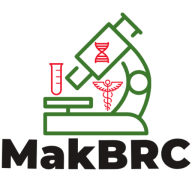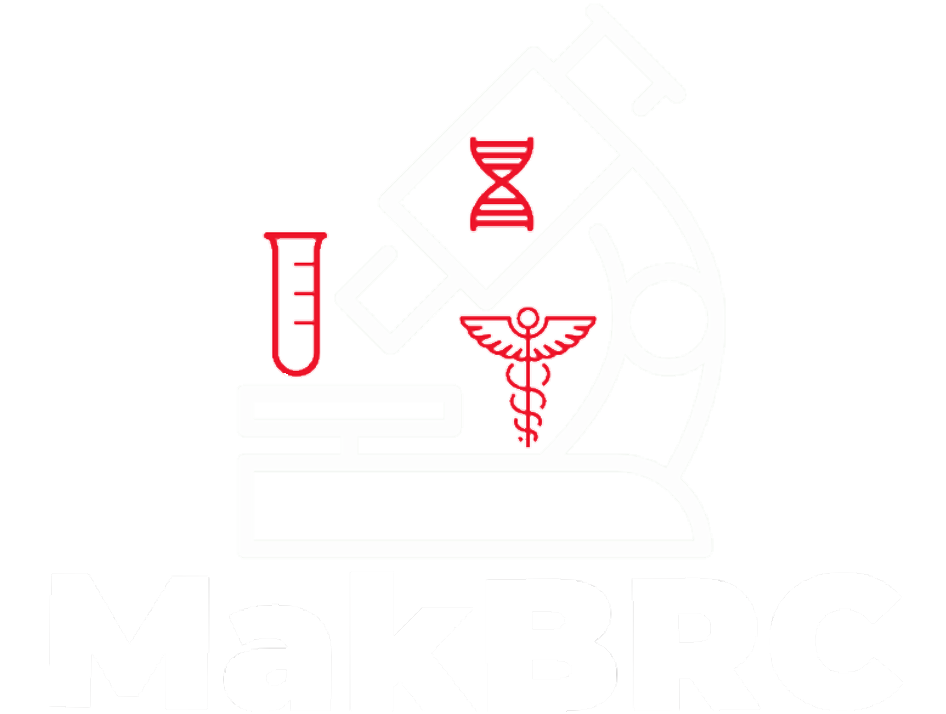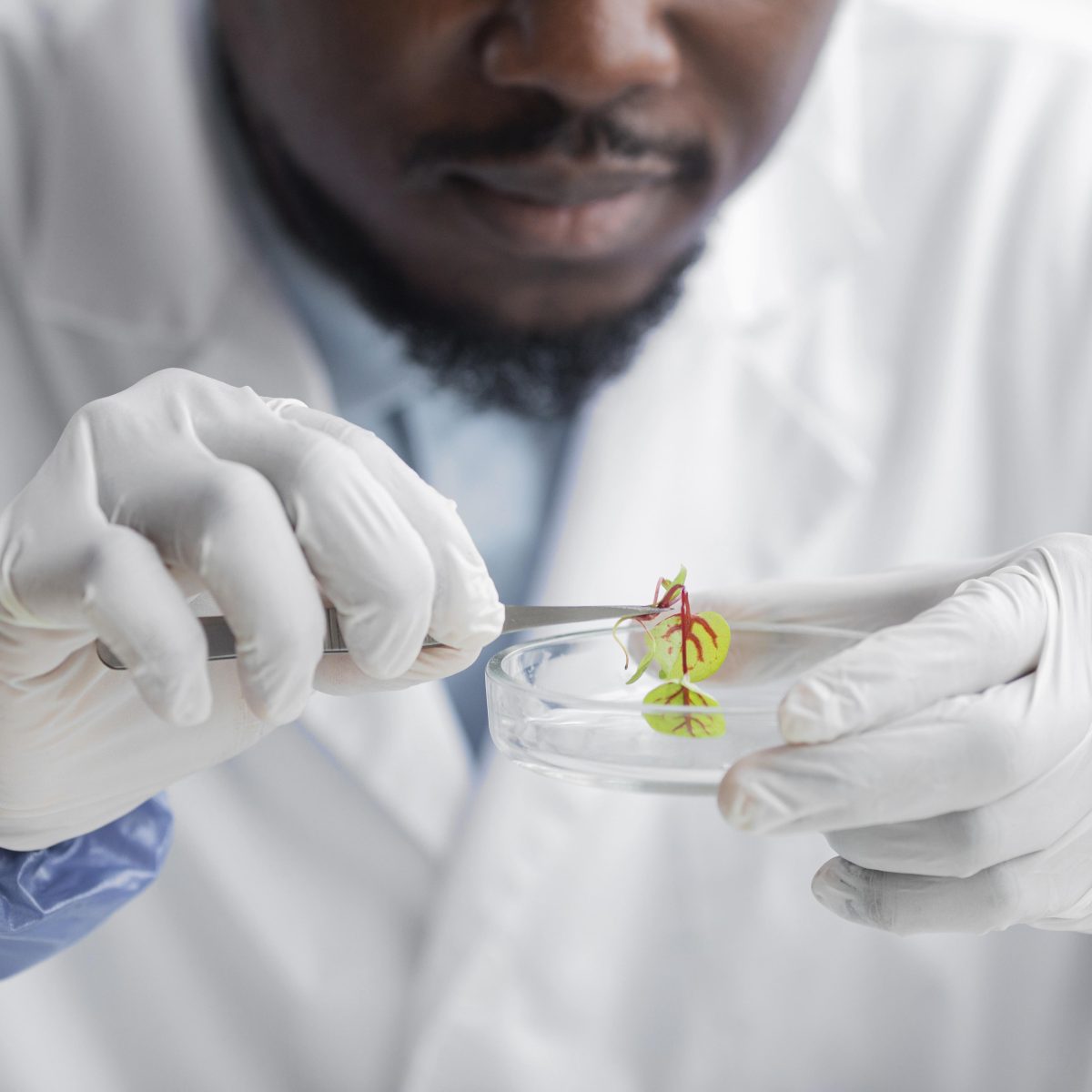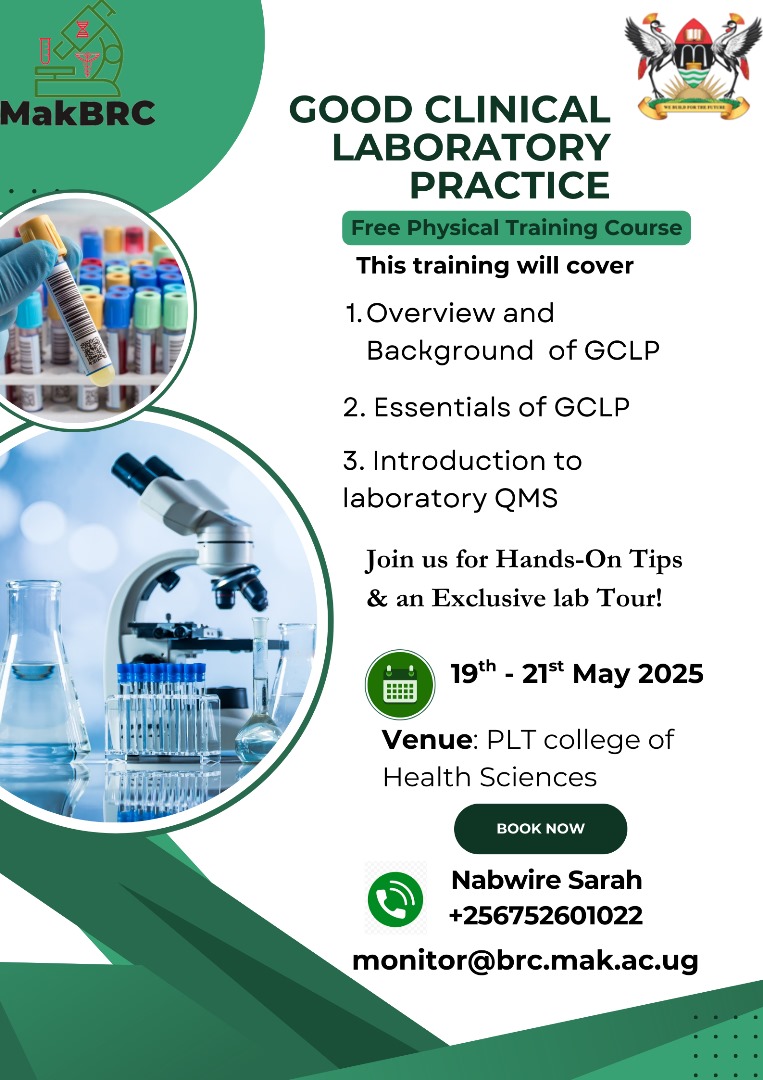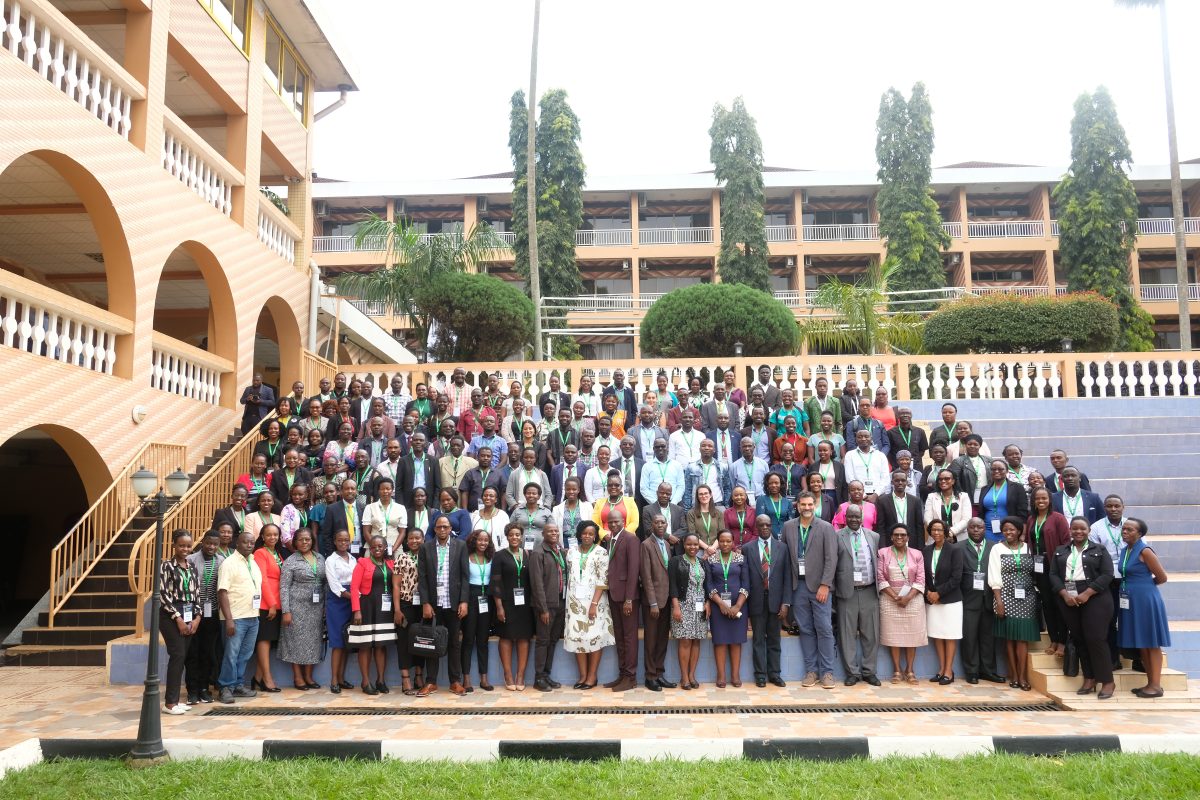Organized by the SUSTAIN: Advancing Makerere University Masters of Health Sciences in Bioethics Program
The SUSTAIN Bioethics Program at Makerere University College of Health Sciences (MakCHS) is excited to announce an upcoming Responsible Conduct of Research (RCR) course. This short course is part of the program’s broader goal to foster a strong culture of research ethics and mentorship in Uganda’s academic and research institutions.
🧠 Why Take This Course?
The RCR course equips participants with essential skills and ethical principles to guide their scientific research. By the end of the training, participants will be able to identify, manage, and prevent research misconduct while upholding professionalism and ethical standards.
📘 Course Content Highlights
-
Introduction to Responsible Conduct of Research (RCR)
-
Professionalism and Ethics
-
Human Subjects Protection & Uganda’s Regulatory Framework
-
Humane Handling of Animal Research Subjects
-
Conflict of Interest
-
Responsible Laboratory Practices
-
Mentor-Mentee Relationships
-
International & Industry Collaborative Research
-
Peer Review & Research Misconduct Handling
-
Community Engagement in Low-Resource Settings
-
Societal and Environmental Responsibility
-
Financial Accountability in Research
-
Data Acquisition, Management & Sharing
-
Responsible Authorship, Publication, and Communication
🎯 Target Audience
This course is designed for:
-
Researchers
-
Research Administrators
-
Research Assistants
-
Study Coordinators
-
Graduate Students
-
Student Supervisors
📌 Certificates will be awarded to participants who attend at least 80% of the sessions.
💰 Course Fee
-
UGX 205,000 or USD 56
(Covers meals and refreshments)
📝 Registration & Payment Details
UGX Payments
Acct No: 9030026194023
USD Payments
Acct No: 9030026194147
Bank: Stanbic Bank, Mulago
Account Name: Makerere University Biomedical Research Center Limited
After Payment:
📧 Email or WhatsApp your payment confirmation and present a hardcopy deposit slip on the first day of training to:
Miriam Musazi
Department of Anatomy, Bioethics Centre, Room C4
📱 +256 782 363 996 / +256 701 363 996
📧 Email: mmusazi@gmail.com
📅 Registration Deadline: 6th June 2025
⚠️ Only participants who have completed payment by this date will be admitted to the course.
